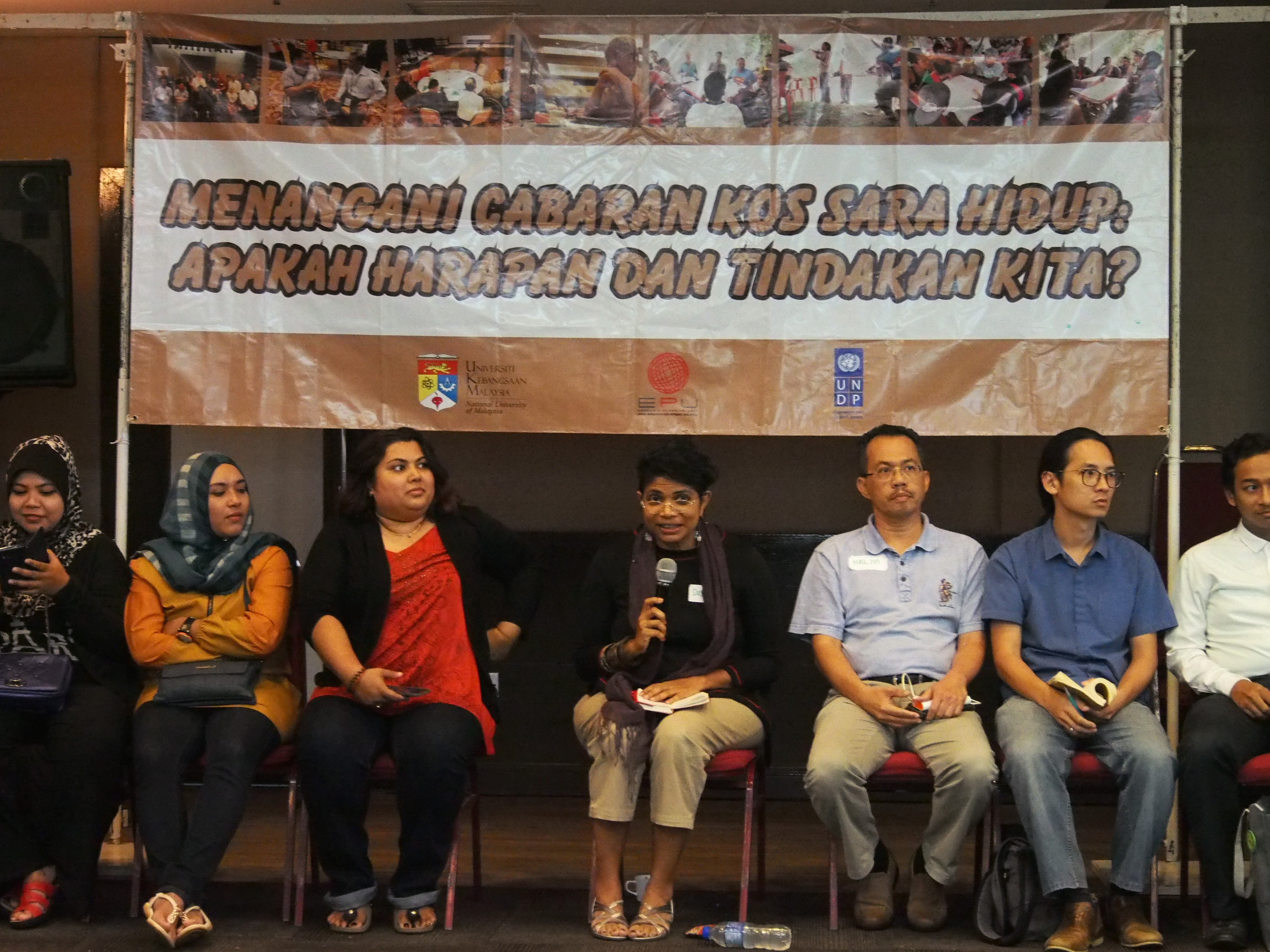
Focus areas
Inclusive Growth and Prosperity
Priority: People and Prosperity
Providing more equitable access to affordable, high-quality and comprehensive public services and social protection.
Decades of sustained economic growth in Malaysia have eliminated absolute poverty as it was traditionally measured and enabled the country to progress to ‘high human development’ status. It has achieved a ranking of 62 among 191 countries on the 2022 Human Development Index. However, full achievement of the country’s objectives faces structural barriers. Income inequality continues to be a major concern, with the poorest 40 per cent of the population (B40) earning only 16 percent of the national income, while the richest 10 per cent earn more than 30 per cent.
The United Nations Sustainable Development Cooperation Framework (UNSDCF) is designed to support the government’s response to some of these challenges. It is aligned to the Malaysia's national development framework, including the Shared Prosperity Vision 2030, Sustainable Development Goals Roadmap of Malaysia, and the forthcoming Twelfth Malaysia Plan.

The Bottom 40% (B40) National Consultation held in the North Region, on October 24 & 25 2016. In total, six consultations were held across the nation, coordinated by UNDP Malaysia and supported by Economic Planning Unit (EPU) and Implementation Coordination Unit (ICU) via the mobilisation of B40 participants (70% of turnout) using the e-Kasih database. Local NGOs supported in securing the remaining participants.
Ensuring equity-focused and high-quality social services.
Vulnerable and at-risk populations living in Malaysia benefit from more equity-focused and high-quality social services as well as a social protection system that ensures all have an adequate standard of living. We provide technical support in strengthening national poverty reduction strategies by ensuring:
- The National Multidimensional Poverty Index is updated to better reflect the deprivation and the needs of the different types of communities and vulnerable groups.
- Social protection system architecture and database registry is enhanced to be more efficient inclusive and transparent.
- Policy advocacy is executed based on empirical findings of the results of the impact assessment of Sarawak TBI to strengthen fiscal & financial support for the vulnerable communities.
UNDP is also supporting the government of Malaysia in enhancing its Social Protection Scheme to be more gender-responsive, which will enable the Government to better address the specific needs and vulnerabilities of different genders, as well as improve the targeting of those services and resources.
Building a sustainable economy and responsible value chains.
Malaysia is making meaningful progress towards an economy that is inclusive, innovative and sustainable across all income groups and productive sectors. UNDP is currently supporting Malaysia’s transition to and provide a framework for a greener, sustainable, and more inclusive economy via the following:
- Foresight analysis and technical advisory provided for the development of the Green Economy Transition Baseline Assessment and Roadmap and the formulation of the National Action Plan on Business and Human Rights.
- Responsible ecotourism framework implemented at the community level including piloting green tourism products/packages at the community level (in Mersing, Setiu, and Manjung districts)
- Multi-stakeholder collaboration in key commodity sectors and production landscapes that will lead to enhanced sustainable agricultural commodity production systems in the State of Sabah, in alignment with Sabah's Jurisdictional Approach Initiative for Sustainable Palm Oil Production
Aligned with the national commitment to the 2030 agenda, UNDP envisions a Malaysia where the well-being, empowerment and inclusion of vulnerable and marginalized groups, including women and girls are ensured.
Explore more.

 Locations
Locations




